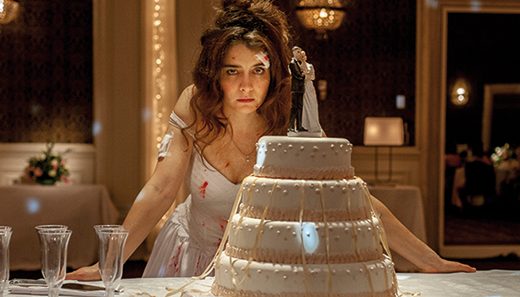Pretty Privilege: The Millennial Magnet for Job Opportunities
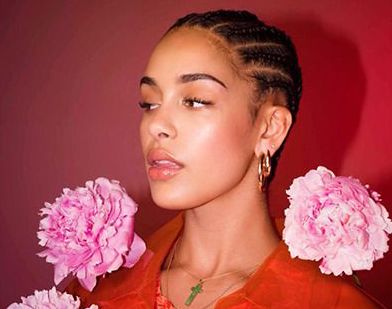 Thirsty for JUICE content? Quench your cravings on our Instagram, TikTok and WhatsApp
Thirsty for JUICE content? Quench your cravings on our Instagram, TikTok and WhatsApp
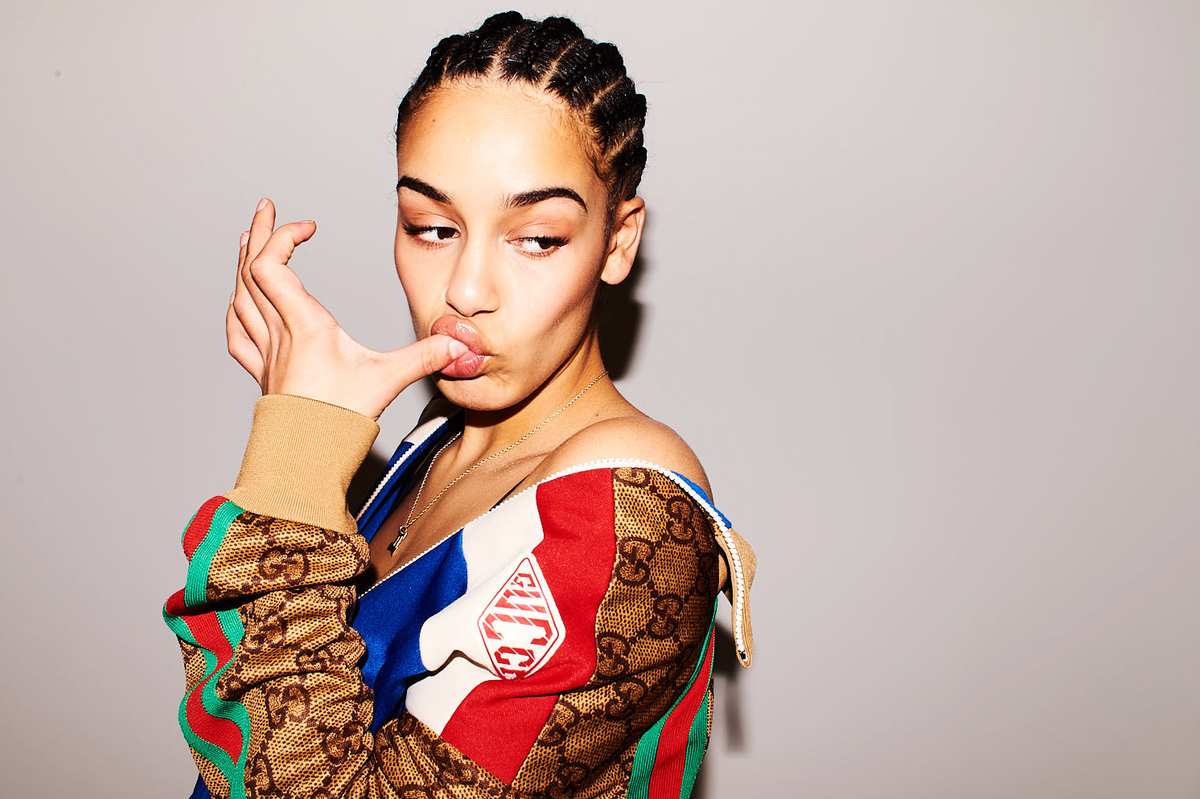
It’s easy to recognise certain privileges. This is because privilege is most likely apparent due to race, gender and social class. These things are written in incontrovertible ink on our birth certificates and is indisputable in the houses we live in as well as the amount of money we have in our savings accounts. However, when it comes to something on an admittedly smaller scale that is as subjective as beauty, is there a possibility that being conventionally attractive can result in the formation and engraining of pretty privilege?
For example, I am aware of my privileges as a bumiputera in Malaysia because I have it written in my IC, flowing in my bloodstream and identifiable by my name. But what about my privilege as a pretty girl? How do I, and we, recognise that?
First, we must understand the fundamentals of pretty privilege, the 5Ws and 1H if you will. In order to do this, we must come to an agreement that despite the fact that ‘pretty’ is subjective, there are certain commonalities that are unanimous.
What does pretty privilege mean and who has it?
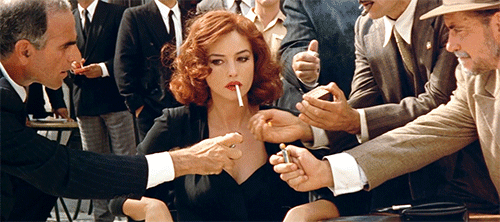
What is the definition of pretty privilege? Well, like the name suggests, it directly means that your attractiveness is an advantage that will get you ahead of other, less beautiful, people. At its core, being pretty makes your life infinitely easier because people will rush to open the doors for you, giving you more opportunities than the regular folk. People tend to trust you more when you’re pretty because its unfathomable for a beautiful person to ever commit horrid things.
But alas, some of us are not as easily deceived. Thank goodness for that…
I feel like I should preface by saying that I, myself, have reaped the rewards of pretty privilege. Not to be conceited or anything, but I am aware that I receive certain advantages due to my appearance. To illustrate, I have gotten free drinks, free food, free rides, doors opened for me, jobs given to me without me even asking etc… all because I have a nice face.
‘Course, now that you know what pretty privilege is, you should know who it rightfully belongs to.
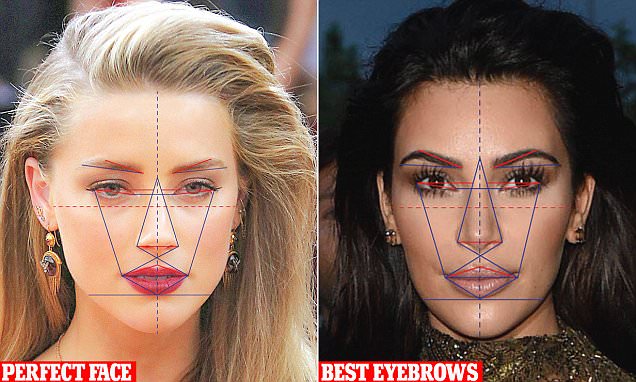
The dumbest yet most accurate answer will of course be that pretty privilege is held by pretty people but what exactly makes someone pretty? The most agreed upon characteristics are facial symmetry, clear skin, long hair, and a healthily proportionate body. These are the basics, the rudimentary factors that make up for a pretty woman. When you factor in preference, cultural norms and fetishisation, then the threshold of prettiness increases and fluctuates depending on the onlooker.
Another important factor that you, as a reader, must keep in mind is that you could be a beholder of pretty privilege without realising it. So, be prepared to feel uncomfortable because most people who come to an epiphany regarding their privilege usually do.
When did pretty privilege come to fruition?
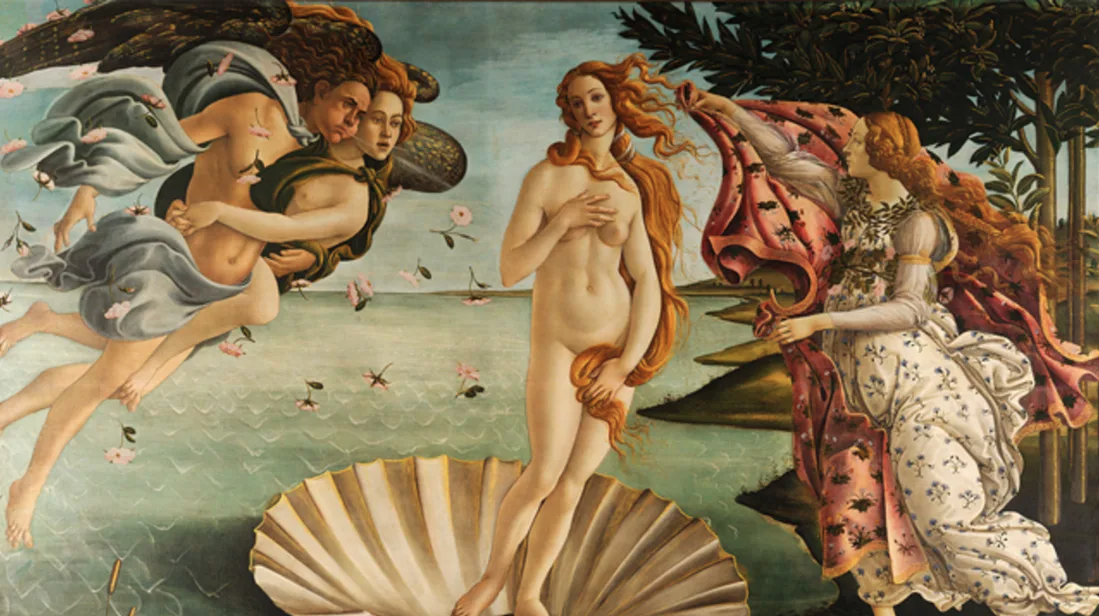
The birth of pretty privilege came in swift succession with the birth of the media and the arts. For centuries, attractive people have been romanticised and idolised because they are easier on the eyes as opposed to ‘plain-looking’ folk. Of course back in the renaissance days you would have to painstakingly paint someone to capture their likeness so organically, painters would choose a beautiful candidate to act as their muse. Similar to modern day where photography has become the substitute for painting, photographers will most likely opt for beautiful models for their art to capture their ideas in the most attractive embodiment.
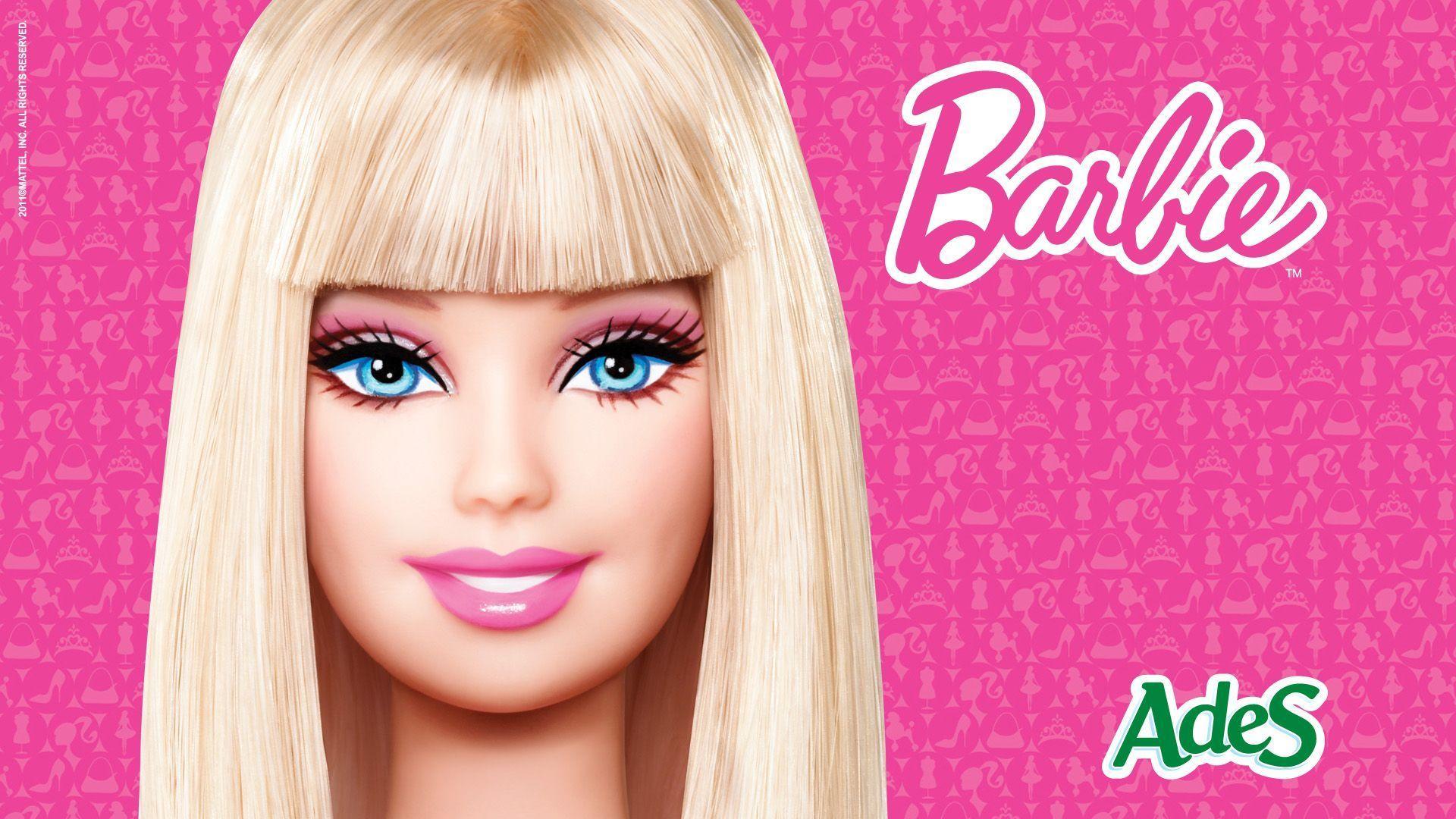
Due to the saturation of archetypal beauty in art and media, a paradigm has been subconsciously entrenched into our society. We see white, blonde and blue-eyed Barbie dolls sell like hotcakes and we immediately assume that is the standard of beauty that is coveted. Then we see dark-skinned, curvy and brown-eyed dolls being left to collect dust at the back of the store and we register that that is not what we must attain, because that is the opposite of what people want.
When it boils down to it, everything we see and everything we are is a product of media and art consumption. Our ideas, no matter how idiosyncratic we think they are, have been thought of by someone else, centuries before we were even conceived. So of course, something as trivial yet ironically significant as beauty is also something that has been spoon-fed to us for generations.
And what happens when there is a definitive model for prettiness? People will try to replicate it to the best of their abilities.
What happens when they can’t? They will enviously idolise those who can thus the manifestation of pretty privilege.
Where can we see pretty privilege in action?
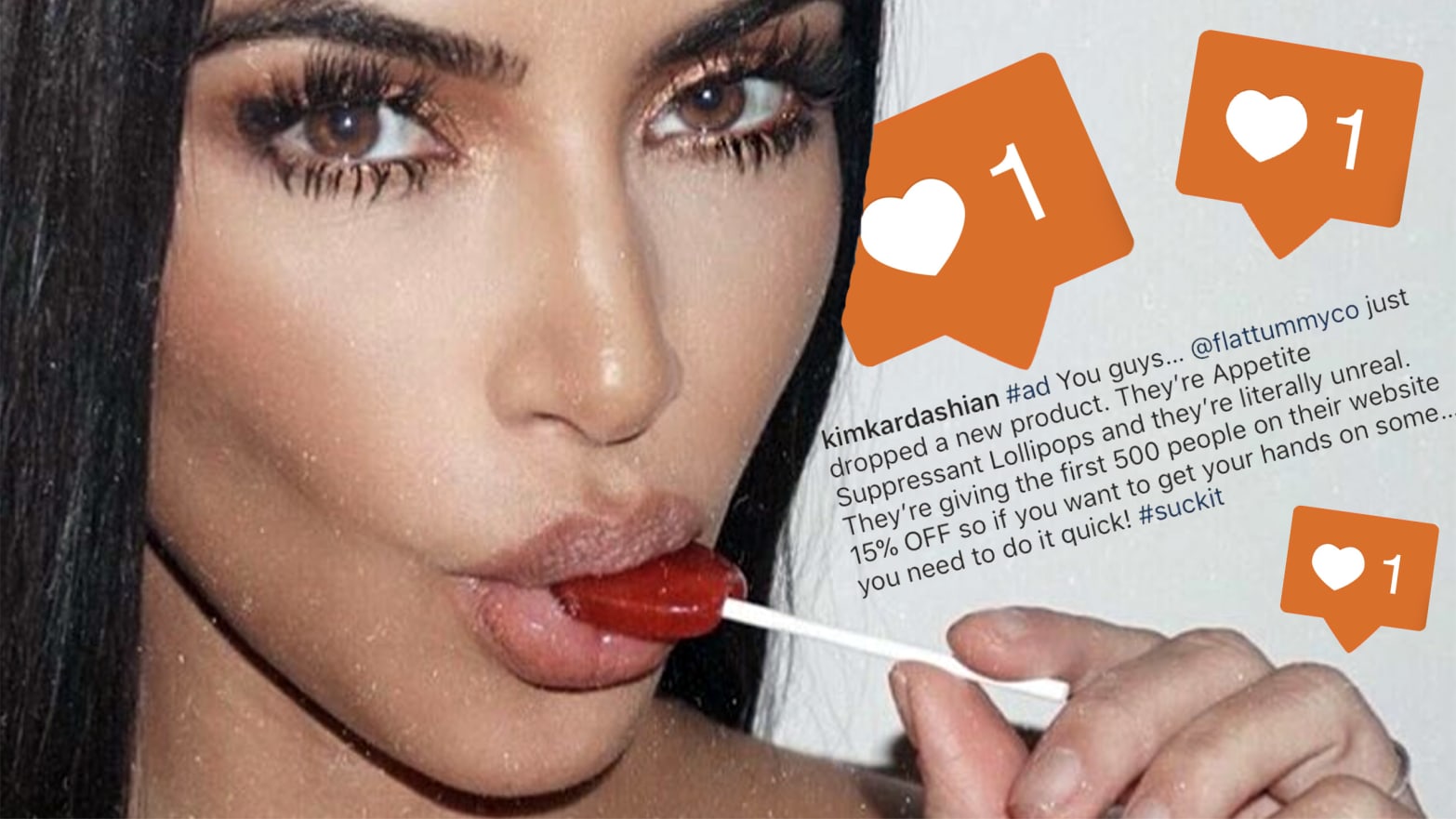
Pretty privilege has become ubiquitous and evergreen because humans are visual creatures. Whenever we see something pretty, our feet hovers above the ground and we’re magnetically drawn to it. We want to own it, please it, mirror it because that’s the only way we’ve been taught to react to something or someone attractive. Sounds far-fetched? Take a look at every film ever made and tell me the gorgeous protagonists don’t have special privileges.

For a psychological explanation, first impressions are predominantly dictated by someone’s physical appearance. That is why resumés strongly urge you to provide a picture of yourself so the employer can judge your personality based on that. So, when someone is conventionally pretty, it increases the probability of them getting hired but if you are on the opposite end of the spectrum, well you get where I’m going…
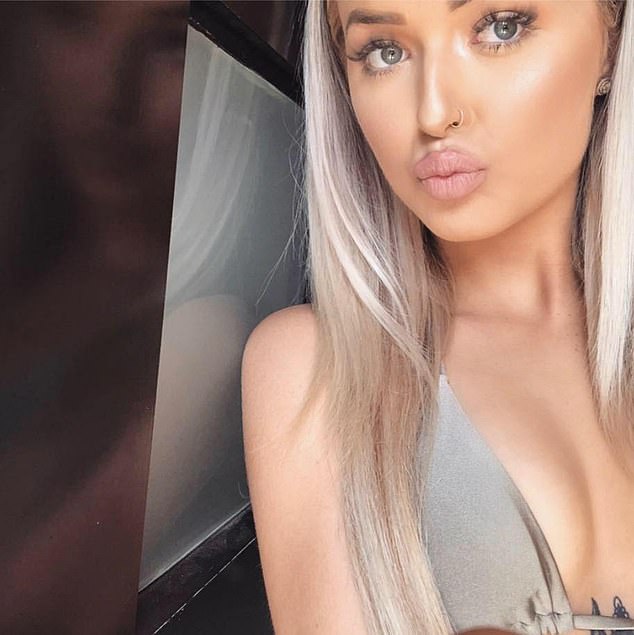
In more ridiculous circumstances, pretty privilege can even double as a get-out-of-jail-free card. Even before the pervasiveness of social media, criminals have been romanticised for decades because they are attractive. Now, that form of ignorance and idiocy has multiplied tenfold, giving way for fan accounts and blogs dedicated to freeing pretty people from incarceration. Why? Because for some damn reason, society feels that you should be exempt from justice just because you have a nice face.
In 2018, a teenage girl by the name of Tannah Knight-Olsen escaped jail time because the magistrate feared she would become a ‘victim’ behind bars. The teen, who punched a woman at a bar, threw a violent tantrum around her family members and was caught with cannabis and ice, was only punished after she had breached her good behaviour bond. If she hadn’t, her deceivingly innocent looks would have awarded her a pass from incarceration. How’s that for a taste of pretty privilege?
How does it affect job opportunities and businesses?
This is the overarching question that triggered this entire article. For years I have been bitching about pretty privilege- and now I have expanded this bitching into a full-fledged article, tqvm- because I see it happen all the time on social media. This is predominantly catalysed by the proliferation of social media influencers and the engraining of influencer culture into the fabric of our business industries.
Admittedly, business is an ever-growing entity similar to technology which is why we must be prepared to see it change, whether we want it to or not. Currently, the trend is influencer marketing where businesses promote their services or goods through people that society deems as beautiful. This is not much different than using actual models from the fashion industry to showcase clothing. However, the job descriptions of those two aforementioned occupations are wildly different yet some of these influencers feel as if they are entitled to the same amount of respect as models.
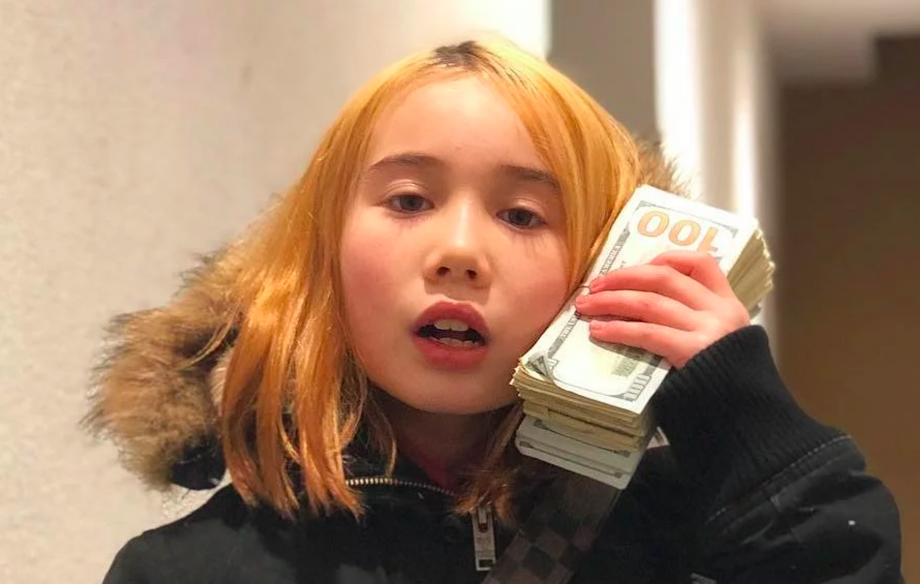
Pretty privilege, like I described, means you get ahead in life. This can be through your career. Most of these influencers are stunning girls but their youth has robbed them of even a shred of self-awareness. The ‘flex’ culture of our generation is amongst the most toxic characteristics of successful millennials. Yes, you have so much money from your brand deals, but does that mean you earned it?
I will not be naming names (mostly because I’m too broke to deal with a lawsuit) but I will be sharing instances where I feel pretty privilege has become a blanket that these influencers wrap themselves in with no intention of ever leaving its embrace.
Like I mentioned, flexing is a way of life nowadays. And these influencers love to flex. Whenever someone on social media even hints at constructive criticism, influencers will deflect with, “I make more money than you so why should I listen to you?” 9 times out of 10, these influencers were probably posting something offensive or problematic which incited the backlash and criticism from their followers.
For example, without naming names, a particular influencer posted a cover of a popular song (I know I’m being vague and it’s because she has a massive following that would eat me alive on behalf of her highness) and it was not met with a positive response. Even her fans agreed her voice did not suit the song but she attributed everyone to just being a ‘jealous hater’ despite the fact that most people were giving her constructive criticism. Suuure hon, everyone is out to get you because you’re just oh so different from the rest of us…
While responding to hate is a common thing to do, it’s also an asinine move to bite the hand that feeds you. By calling your following stupid and acting high and mighty, it clearly shows that you have no idea how you got your fame to begin with. You make money because your parents gifted you those wonderful genes of yours, not because you’re actually doing something worthwhile. To top it all off, the people who you think are not even worth your time are the reason why you’re so successful because they’re the ones frequenting your social media platforms. So, technically, all rights to your success go to them. It’s really funny how influencers who are 5’2 have an ego that is 7 feet tall.
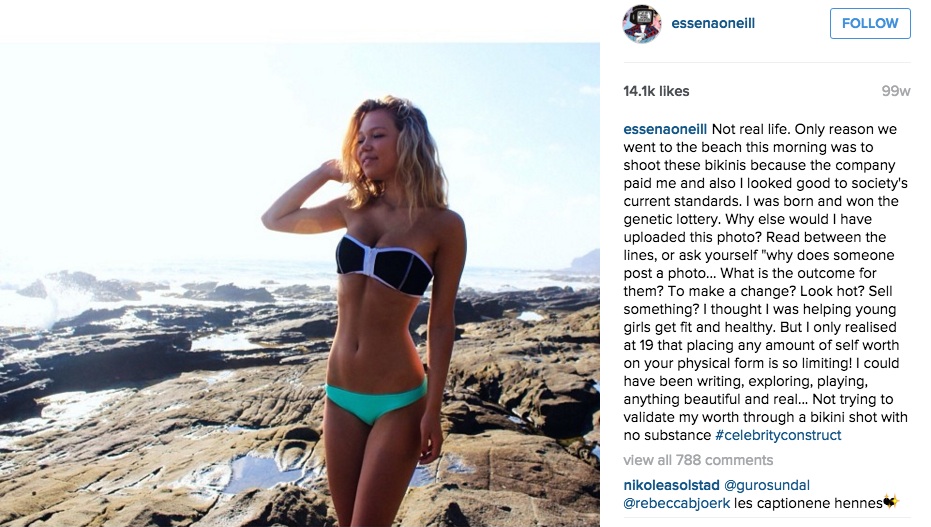
This sense of entitlement might come to an end very soon because Instagram, the breeding ground for influencers, has decided to disable the ‘likes’ counter on our posts. This means that influencers are not able to see how many likes they have garnered per post which will hopefully (fingers crossed) cause them to check their privilege.

Simply put, pretty privilege is inevitable because people naturally gravitate towards things they find beautiful. Society idolises beauty, puts it on a pedestal and worships it.
However, it is important that we remain self-aware and instead of denying the fact that our attractiveness helps us get ahead, we should acknowledge it. By doing this, we won’t remain dependent on our looks because we can take the opportunity to sharpen our skills and prove ourselves as more than just a pretty face.
Furthermore, discrimination flourishes in the presence of isolation. If we see a woman getting unfair treatment, use your privilege to help her out so women can one day unitedly topple the supposed paradigm that has been holding us back for all these years.
Pretty privilege is a topic that was spearheaded into the mainstream limelight by writer, TV host and activist, Janet Mock. Click here to read her extensive article regarding the subject.
For more opinionated reads, click here.


 Get Audio+
Get Audio+ Hot FM
Hot FM Kool 101
Kool 101 Eight FM
Eight FM Fly FM
Fly FM Molek FM
Molek FM